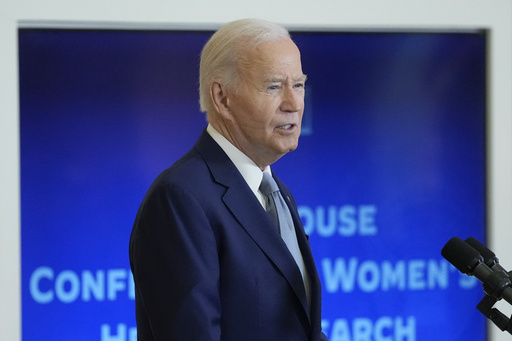President Joe Biden has granted pardons to two Chinese spies and a former doctoral student involved in a child pornography case as part of a prisoner exchange between the United States and China. The clemencies, signed on November 22, facilitated the release of three Americans imprisoned in China and have drawn sharp criticism amid heightened tensions over Chinese espionage in the United States.
The Pardoned Individuals
The two spies, Yanjun Xu and Ji Chaoqun, were convicted of espionage and other related charges.
- Yanjun Xu, the first Chinese intelligence officer ever extradited to the US for trial, was sentenced to 20 years in 2022. A high-ranking member of the Chinese Ministry of State Security (MSS), Xu targeted American aviation companies such as GE Aviation to steal advanced technology. Using aliases, front companies, and university partnerships, Xu organized elaborate schemes, including hacking and deceptive recruitment. He was arrested in Belgium in 2018 with the assistance of the Belgian Federal Police.
- Ji Chaoqun, an MSS operative based in Chicago, was sentenced to eight years in 2022 for conspiring to act as a foreign agent and espionage. Ji, who joined the US Army Reserves under a program designed to recruit foreigners with critical skills, failed to disclose his ties to Chinese intelligence. His tasks included recruiting additional spies to access advanced aerospace and satellite technology.
The third individual, Shanlin Jin, was convicted in 2021 of possessing over 47,000 images of child pornography while a doctoral student at Southern Methodist University.
The American Prisoners Released by China
In return, Beijing released three Americans:
- Mark Swidan, a Texas businessman arrested in 2012 on drug-related charges.
- Kai Li, detained in 2016 for alleged espionage.
- John Leung, sentenced to life in 2023 on spying charges.
Criticism of the Swap
The clemencies come amid escalating concerns over Chinese espionage and influence in the United States. Federal authorities and Congressional committees have flagged insufficient enforcement against Chinese intelligence operations, which include targeting American businesses, technology, and dissidents.
- An October report from the House Committee on Oversight and Accountability criticized the Department of Justice (DOJ) for its lack of aggressive action against the Chinese Communist Party’s espionage activities.
- Notably, Chinese intelligence operations have infiltrated various levels of government and public institutions. In New York, federal prosecutors have charged a former aide to Governor Kathy Hochul, Linda Sun, with espionage and money laundering for allegedly advancing China’s agenda, including discouraging recognition of Taiwan’s independence.
- Other investigations revealed CCP-linked operations such as a covert police station in Lower Manhattan, harassment of Chinese dissidents, and an alleged spy embedded in the New York Police Department’s leadership.
Broader Implications
Critics argue that the prisoner swap sends mixed signals about US policy on countering Chinese espionage. The pardons follow significant DOJ victories in prosecuting Xu and Ji, who were central to efforts to steal US aerospace and satellite technology. Their release contrasts sharply with the Justice Department’s earlier declarations that prosecuting such cases was essential to safeguarding national security.
Moreover, Biden’s decision is viewed as a potential concession in a broader geopolitical contest with Beijing. It raises questions about the balance between securing the release of American citizens and holding foreign governments accountable for acts of economic and political sabotage.
